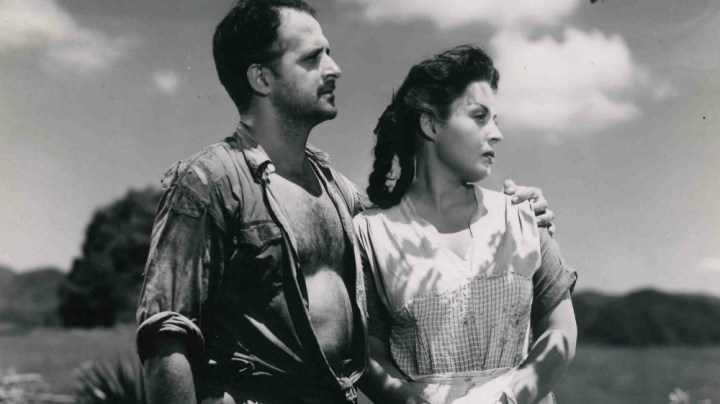UCLA Launches Project to Restore Cuba’s Forgotten Films From Before the Revolution

It seems the recent diplomatic thaw between the United States and Cuba couldn’t have come at a better time for the UCLA Film & Television Archive’s Classic Latin American Cinema in Los Angeles project. Adding another historical event to a growing list that already includes Netflix expanding service to the island, Conan O’Brien taping his show in Havana, and Paris Hilton doing nothing in particular (but in Cuba), the world renowned Film and Television Archive has announced formal cooperation with the Cinemateca de Cuba in an effort to preserve and digitize Cuba’s pre-revolutionary cinematic patrimony.
Wait, there was film in Cuba before 1960? Don’t worry, most people know little to nothing about Cuba’s early cinematic history. To date almost no research has been done on the subject and what films have survived lie decaying in the archives of Cuba’s Cinemateca. At the moment, the initiative finds itself in an early research phase, but has the potential to save a handful of all-but-forgotten cinematic gems like director Ramón Peon’s silent 1930 film La virgen de la caridad (The Virgin of Charity) or Manolo Alonso’s 1954 Casta de roble (Oak’s Caste) from the motion picture afterlife. In addition to preserving and digitizing the deteriorating film stock, the Classic Latin American Cinema in Los Angeles project will add English-language subtitles to the chosen films in preparation for a three month exhibition in Los Angeles, followed by a national tour that will bring early films from Cuba, Mexico and Argentina across North America in 2017.
Long a champion of traditionally marginalized film histories, the UCLA Film & Television Archive is the second largest film archive in the nation behind the Library of Congress, with over 220,000 film and television titles in its holdings. The “Classic Latin American Cinema in Los Angeles (1932 – 1960)” project seeks to recuperate the central importance of Los Angeles in the early days of Latin American film production, when a significant number of Spanish-language theaters dotted the downtown cityscape throughout the 1930s and 40s. The project which focuses on restoring pre-1960 films, has been made possible through a grant from the Getty Foundation in cooperation with the Cinemateca de Cuba, Mexico’s Cineteca Nacional, and Argentina’s Museo de Cine.